Two senior African journalists Olumide Iyanda from Nigeria and Francis Kokutse from Ghana have shared their experience of getting the COVID-19 vaccine in their respective countries.
They both spoke on Saturday on Platforms Africa e-Discourse, an e-community of intellectuals, opinion leaders and policy moulders across the African continent.
Ghana and Nigeria are administering the AstraZeneca vaccine supplied by COVAX, a global initiative aimed at equitable access to COVID-19 vaccines led by UNICEF, Gavi, the Vaccine Alliance, the World Health Organization, the Coalition for Epidemic Preparedness Innovations and others.
Iyanda disclosed that he was vaccinated at a health centre in Lagos, the commercial heartbeat of Nigeria.
Asked about his view of COVID and the threat it poses to human existence, Iyanda said it is “an infectious disease that may make you fall sick. Or, as seen in some cases, lead to fatality.”
Continuing, he said, “I know positive people who showed no symptoms. I also know people with mild to severe symptoms. And I also know some who died from complications linked to COVID.
“I, however, do not have a morbid fear of the disease. Just do the needful and hope for the best. I believe the world will overcome COVID.”
Asked how he felt about getting the vaccine, the publisher and chief executive officer of Qed.ng said “I was calm. I had already spoken with my doctor who received the vaccine some days before me. He assured me it was safe.”
Asked if others experienced the same calmness, Iyanda said “I wouldn’t say that everybody experienced calmness. People’s state of health and mind may affect how they feel before and after. Someone told me she had a slight but very brief pain in her left arm after getting the jab. Others told me there was no side effect.”
According to him, he did not require prior registration to get vaccinated in Lagos and there were few people at the health centre.
“I had been treated at one of the 88 centres designated for the vaccine in Lagos, so there was really no need for ‘man-no-man.’ Besides, there were few people there who came for the vaccination,” he added.
The journalist said the low number of people who came for the vaccine could be due to skepticism and public apathy.
His words: “Many people here still believe COVID is for “big men” and are not bothered about the vaccine. My advice is that people should seek medical advice. Talk to a trusted health practitioner. Preferably, someone who knows your medical history and has been vaccinated him/herself. The day I no longer trust my doctor, I will get another one.”
Addressing misinformation about COVID, Iyanda advocated that people should get information from trusted and verifiable sources.
“That’s my experience having practised journalism for two decades plus. One thing about fake news and propaganda is that some people have already made up their minds about what they want to believe and they hold on to that in spite of compelling contrary evidence,” he told the platform.
On his part, Mr Kokutse said “l was a bit hesitant when the vaccine issue came up. However, a friend in the US, who is a doctor calmed my fears after he went for the jab. So, by the time Ghana started, l was well prepared in mind.”
According to him, he was further convinced to get the vaccine because “I have lost a friend’s to COVID-19 and so, l felt if the vaccine will protect me why not?”
Like Iyanda, Kokutse said he felt fine after getting the vaccine.
“Fortunately, l went for it and did not feel anything. I was expecting some reactions but, nothing happened,” he told the platform.
For those who still have fears about the vaccine, the former West Africa correspondent at Indo-Asian News Service and stringer for Associated Press said “let me just say they should look back in time to remember that vaccination saved them from childhood diseases. I have a family member who is crippled now because the parents missed the polio vaccination.”
On the controversy surrounding safety of the AstraZeneca vaccines, Kokutse concluded: “If you read between the lines, it looks there is some geopolitics involved. Therefore African government should resource our scientists to do the necessary studies to tell us the truth. We should not always depend on outside for everything.”



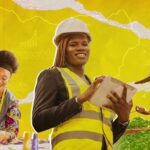
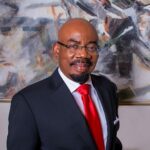
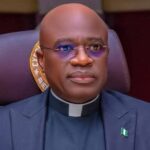
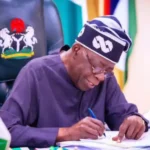
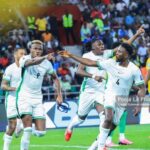
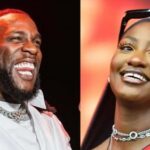
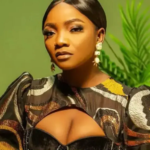
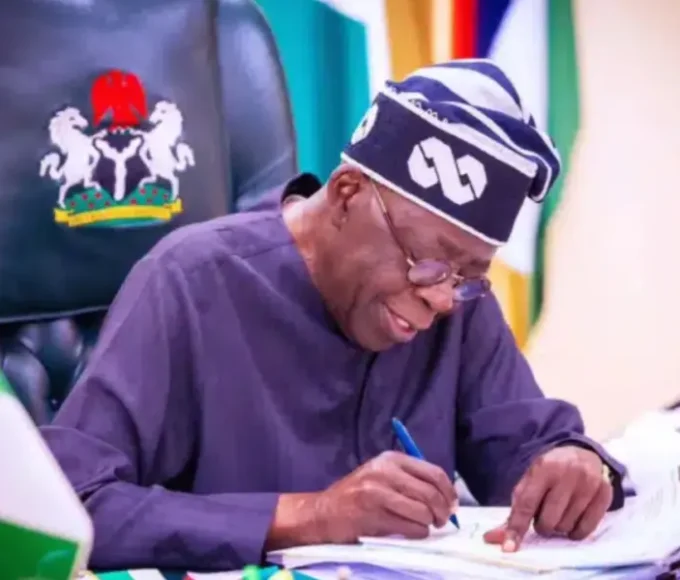
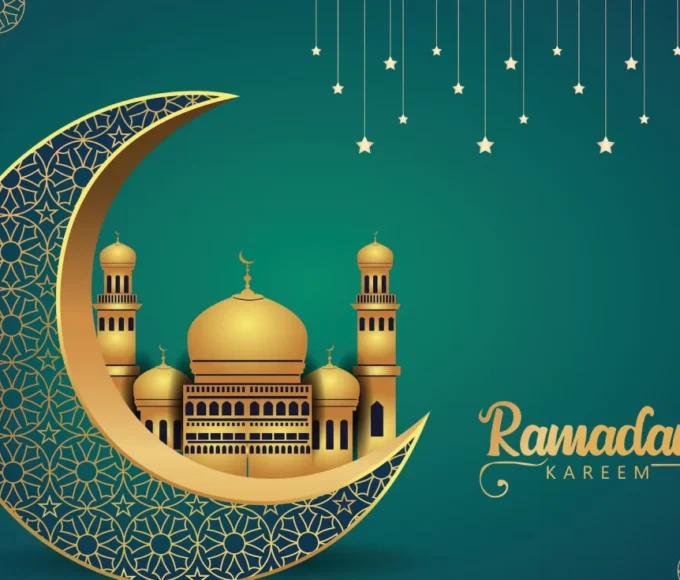
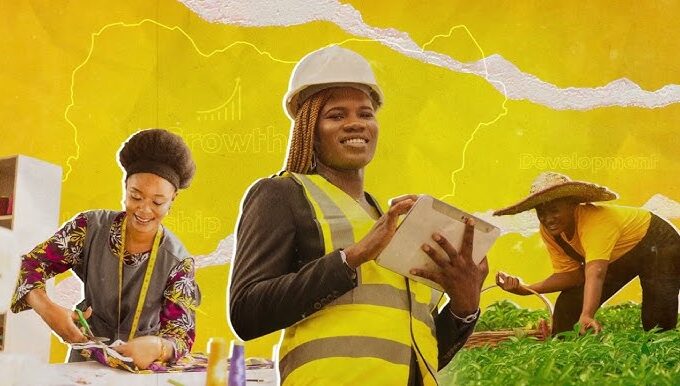
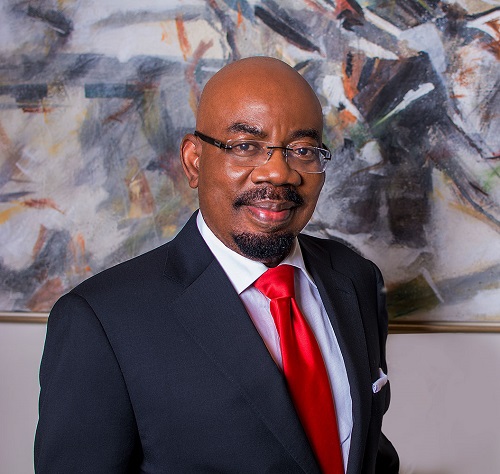
Leave a comment